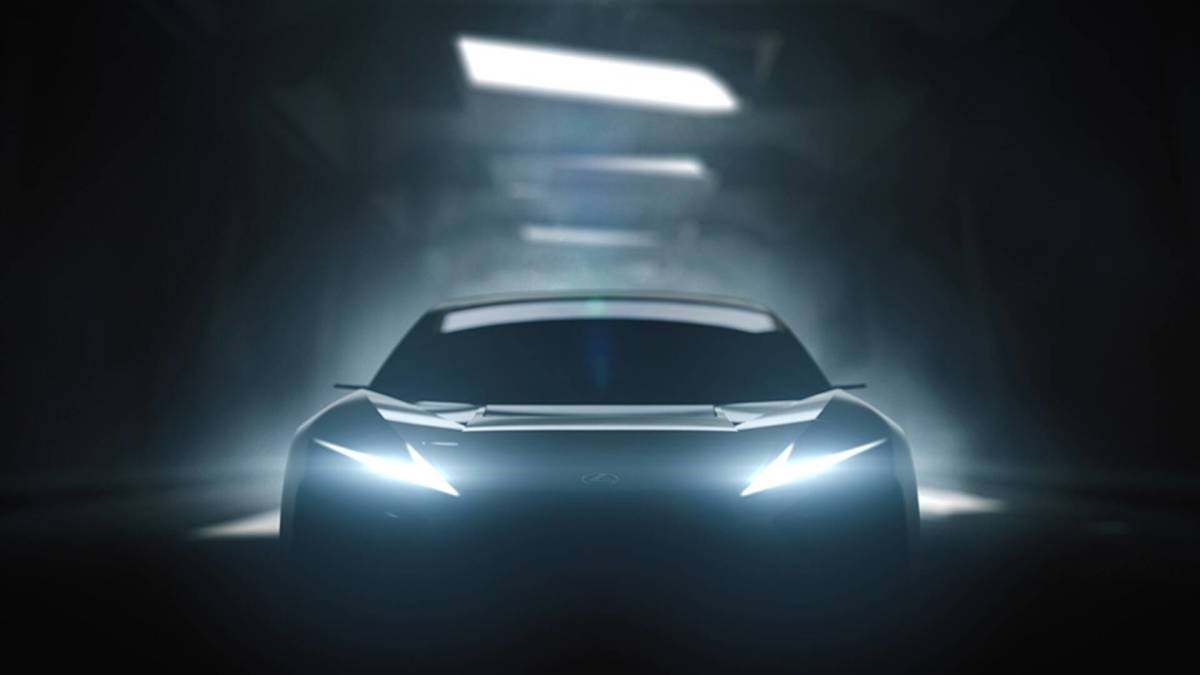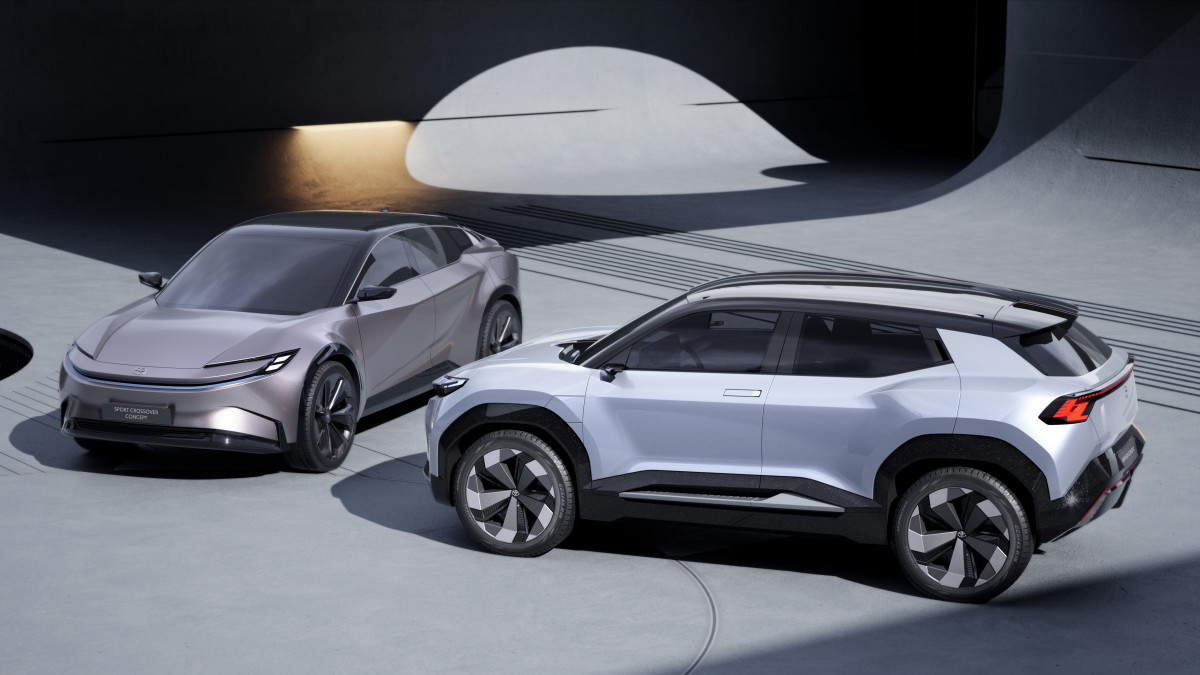
Toyota's (TM) -) European division last week unveiled some of the specifics behind the company's multipathway approach to carbon neutrality.
Toyota, the world's largest automaker by sales, last year said that it intended to achieve full carbon neutrality in Europe by 2040. Its European facilities would be carbon neutral by 2030, as full carbon neutrality in its cars expanded over the following decade.
Part of this, despite the company's well-established position of the value of hybrid vehicles, involves expanding its European line of full battery-electric vehicles.
Related: New report highlights a major speedbump to mass electric vehicle adoption
Toyota Europe '26 target: 15 zero-emission vehicles
The automaker said in a Monday statement that in Europe its current electrified mix is 71%, a number that is expected to grow to 75% next year.
Toyota said that by 2026, the company will offer a total of 15 zero-emission vehicles in Europe, pushing its European BEV mix up to 20%.
“Whilst we will continue to offer multiple carbon reduction technologies, we will also steadily increase the number of zero-emissions vehicles we offer to customers," Toyota Motor Europe President and Chief Executive Yoshihiro Nakata said in a statement.
The company on Monday outlined several additional fully electric concepts to be introduced to its European lineup by 2026.
In addition to the BZ4X, which is already on sale, and the Compact SUV concept that was unveiled last year, Toyota unveiled concepts for an Urban SUV and a Sport Crossover.

Toyota
The company, calling the SUV a "close-to-production design," said that the vehicle will enter one of Europe's largest EV market segments next year. The Sport Crossover is set to be introduced to the market in 2025.
Toyota: Next-gen battery technology
In addition to unveiling its new lineup, Toyota highlighted the work it was doing to develop next-generation battery technology, something the company said will change the way vehicles are "developed, made and used."
The first of these batteries, coming after 2026, will, according to the company, double the range and offer a 20% cost reduction compared with the current bZ4X. The second, designed with a new shape and structure and made from a cheaper lithium-iron phosphate, will boost range by 20% and cut costs by 40% compared with the same vehicle.
The third battery in this lineup, Toyota said, will further enhance performance at an even lower cost. The company did not provide specifics for the battery or its expected cost-reduction and range-enhancement capabilities.
Toyota's push into solid-state batteries, according to Andrea Carlucci, vice president at Toyota Motor Europe, is additionally close to bearing fruit.
The company has "made a technological breakthrough," according to Carlucci, and is currently developing a method for mass production and commercialization in 2027. The company is expecting an initial production capacity of "several tens of thousands of vehicles."
The promise of solid-state batteries involves faster charging and a shift away from lithium, a raw material that represents numerous supply chain problems and a mining process that is damaging to the environment.
The new batteries, Toyota said, will "ensure that zero-emission mobility is affordable and accessible."
Related: Tesla China sales slump as rival BYD grabs market share
New rules could drive up EV prices
The announcements come just a few days after the U.S. Treasury Department and the Internal Revenue Service said that vehicles with battery components "manufactured or assembled or applicable critical minerals extracted, processed or recycled by a foreign entity of concern" will be ineligible for the $7,500 federal EV tax credit.
The term encompasses China, Russia, North Korea and Iran.
The guidance, which could push up the cost of electric vehicles, could also reshape the EV supply chain.
"It’s important (for economic and national security) that the U.S. controls its own destiny with supply chains and raw materials sourced domestically or from allies," John Bozzella, president and CEO of Alliance for Automotive Innovation, wrote in a Friday blog post.
"But the EV transition requires nothing short of a complete transformation of the U.S. industrial base. It’s a monumental task that won’t happen overnight."
A 2023 report by the International Energy Agency found that China dominated the world in manufacturing and trading clean-energy technologies, including EV batteries. The U.S., according to the IEA, accounts for just 10% of global battery cell production, while China accounts for two-thirds (more than 66%).
President Joe Biden "entered office determined to reverse the decades-long trend of letting jobs and factories go overseas to China,” John Podesta, a senior adviser to the president on clean-energy innovation, said in a Treasury statement. “We’re helping ensure that the electric vehicle future will be made in America.”
This further push into EVs comes — despite a growth in adoption — as consumer sentiment toward the sector continues to wane.
Contact Ian with tips via email, ian.krietzberg@thearenagroup.net, or Signal 732-804-1223.
Related: Thousands of car dealers have a potent warning for electric vehicle enthusiasts
Get exclusive access to portfolio managers’ stock picks and proven investing strategies with Real Money Pro. Get started now.







